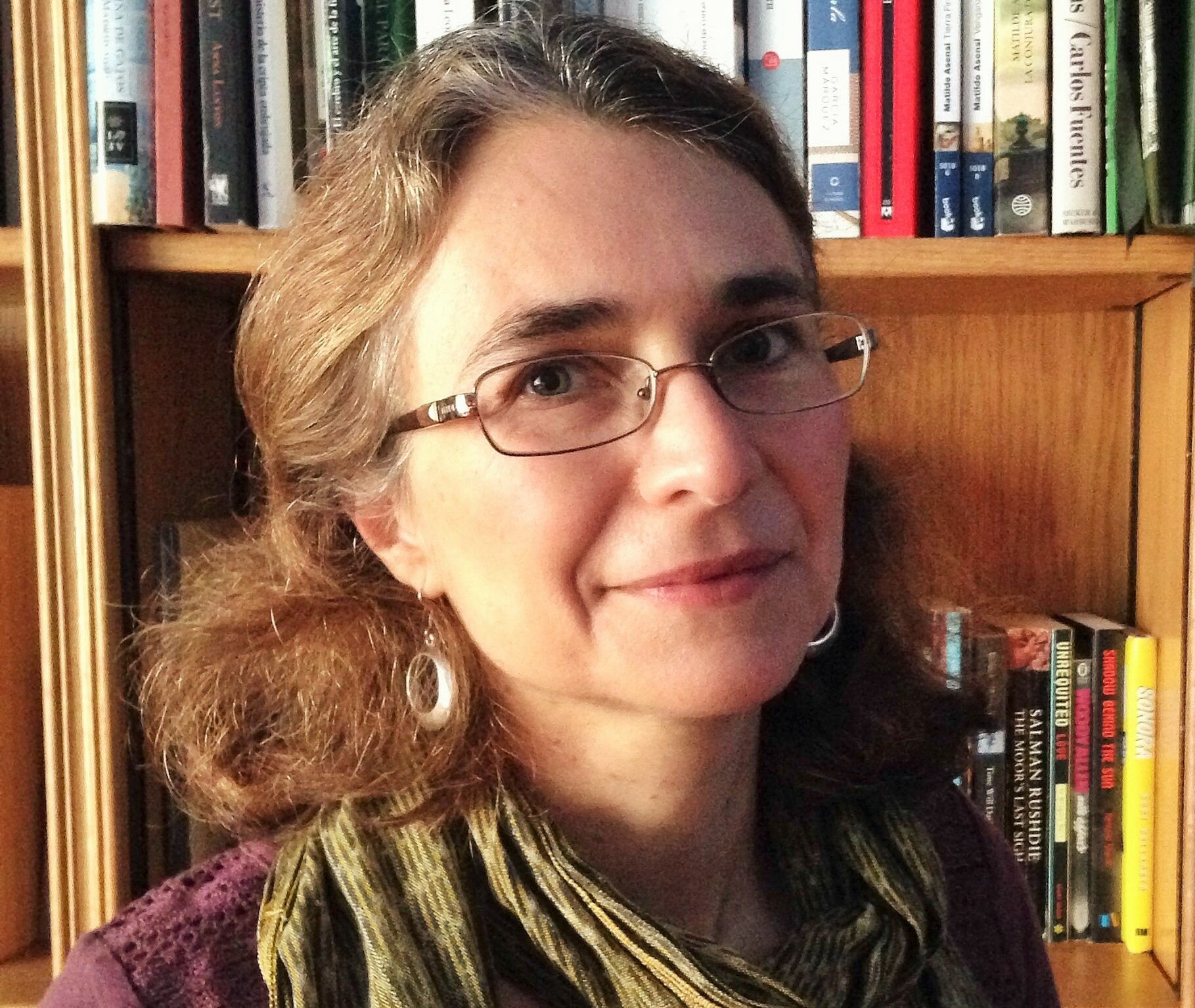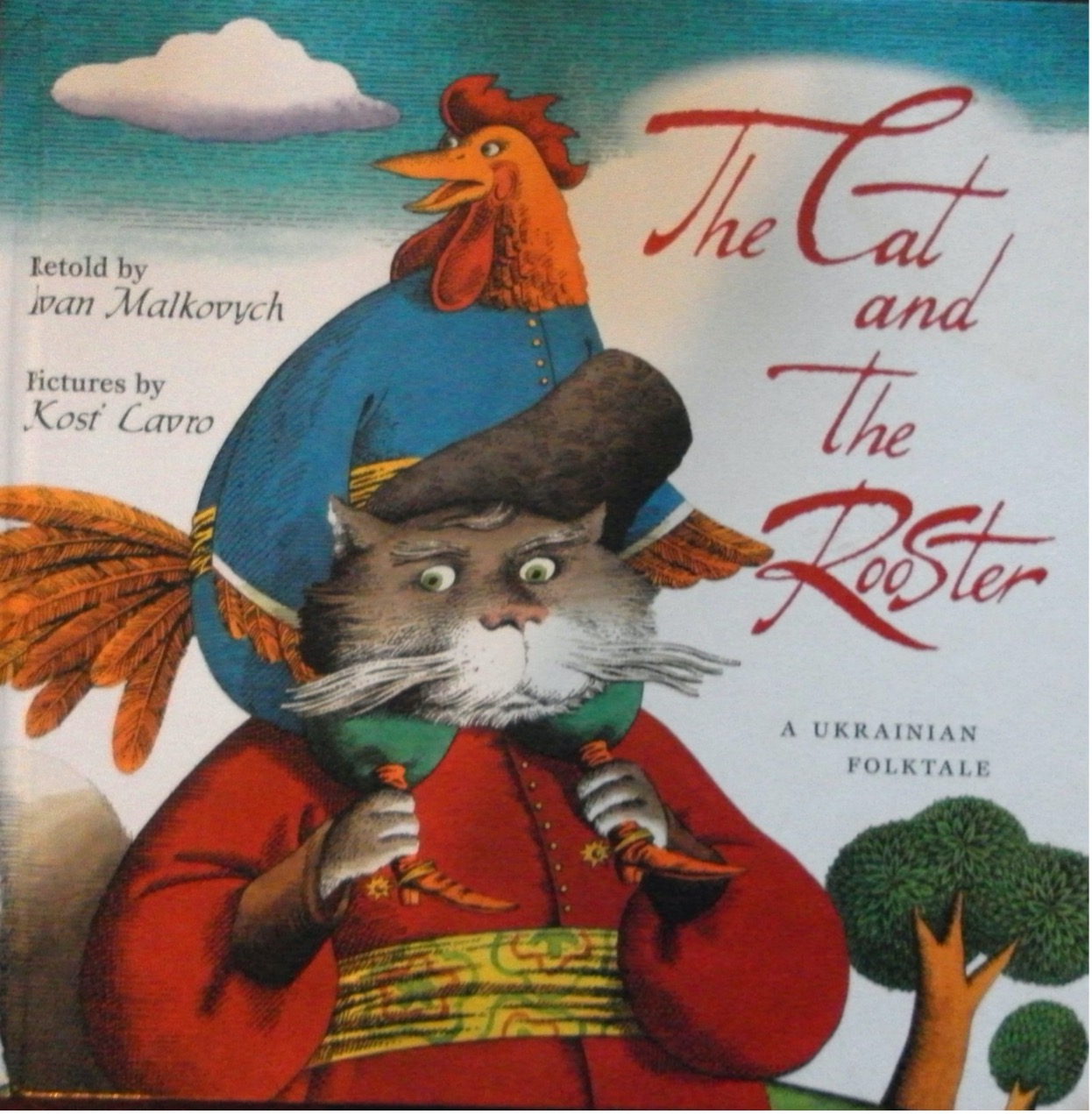Blog-end to the Series for the HCA 2022


Evelyn Arizpe, Professor of Children’s Literature, Programme Lead for the International Master’s in Children’s Literature, Media and Culture at the University of Glasgow, has written this entry to bookend or ‘blog-end’ the series on the nominees for the Hans Christian Andersen Award 2022.
The series started in November 2021 and has continued over the last seven months, months in which the world seemed to be slowly emerging from the covid pandemic. Unfortunately, these months have also seen the start of the devastating conflict caused by the invasion of the Russian military into the sovereign state of Ukraine, reminding us yet again of how brutal human beings can be to one another. It is depressing to think how many times those of us who believe in the power of children’s books have said or written that it is “more important than ever” to promote international understanding through children’s books. However, it is also vital to remember the countless expressions of solidarity with Ukrainians over this period, many of which are related to raising money for books and book projects in Ukraine. Even in the midst of this war, Ukrainians have continued to promote books and reading and used books to help families and children.* As Iris Samartzi, the illustrator nominated by Greece for the Andersen Award, emphasizes in several of her interviews:
Art, in all its manifestations, is there to remind us that we’re not alone. It’s there so that it can take off some of the burden we’re shouldering […]
[Art] softens our pain a little, makes us forget our problems, makes us feel less lonely. It’s a meeting point in another space- time.
https://www.ibby.org/archive-storage/12_HCAA_Dossiers/2020_Illus/Dossier_Greece_Samartzi.pdf
Thanks to digital technology, the Shadow Award blog series became a special ‘space-time’, where 50 students from all over the world ‘met’ 26 nominees to the Award (also from all over the world), engaging with some of their publications in depth and learning about their lives, works, influence, artistic techniques and ideas. Limitations of time, as well as access to books, meant we could not cover all the nominees; however, I hope that these blogs have whetted readers’ appetites to read and learn more about the rest.
Throughout the last year I have tried to get hold of as many books as possible for our students to look at – aiming for at least one per nominee – but it has not been easy, even online. In recent trips, I managed find a few more to add to our collection: I was especially excited to find two of Beatrice Allemagna’s books in Spanish in Mexico City and also several of Iwona Chmieleweska’s in a Polish bookshop in Paris. As soon as we were allowed to, staff and students held the first in-person event at the School of Education (University of Glasgow), a ‘Mad-Hatter Tea Party’, where they could browse the collection. At this event, one of our Ukrainian students was excited to see a book by Kost Lavro, the illustrator nominee for Ukraine, and we spoke about the detailed representation of that culture in his colourful images.
Although it is a very small collection, it has also allowed me to physically experience these books because in the end, due to the uncertainties around travel and covid, it was not possible for the jury to meet in Basel. Although I was deeply disappointed at having to go online, it nevertheless proved to be an exceptional and memorable experience. The ten of us managed to thoroughly discuss each of the nominees, appreciating the literary and aesthetic qualities that had led to their nomination. We met online for three hours per day over four days. The diverse international locations of the jurors meant very early or very late hours for some, but everyone was determined not to miss a minute of the judging process. With IBBY Executive Director Liz Page in Basel, ready to show them to us over the screen, we were able to see the physical books when we needed to. Gently but firmly propelled forward by Jury President Junko Yokota, we gradually narrowed down the list (not without reluctant groans and sighs as names were withdrawn), first, from ten to six and then, in a genuinely collective decision, to the final winners: author Marie-Aude Murail (France) and illustrator Suzy Lee (Republic of Korea).
It was not an easy decision, as each nominee brings something unique to children’s books. We appreciated the aesthetic and/or literary qualities of all of them as we considered their use of language, artistic techniques and the invitations they extended to readers/viewers: invitations to think, to question, to take risks, to experience a range of emotions. We spoke of playfulness and seriousness, of urban and rural contexts, of poetry and prose, of empathy and agency, of humour, materials, imagination, inclusion, curiosity, versatility, diversity, complexity and humanity. We went back to the words and the pictures, ‘wanting to be surprised again’ when we re-read them, as one juror put it.
This ‘space-time’ was intense and exhausting, but also stimulating. For me it was a great privilege to listen and learn from my fellow jurors all of whom have an enormous amount of knowledge and expertise and brought their perspectives as publishers, editors, translators, librarians, authors, teachers, book reviewers, storytellers, psychotherapists, curators, academics and jurors (for other prizes and awards) to bear on their appraisal.
As well as deciding on the shortlist and the winners, an important outcome of the Award is the list of books recommended for translation because so many important and beautiful books are only available in their original language. Awards like this one are significant precisely because they highlight the work of exceptional authors and illustrators who deserve to be known more widely.
In the dossiers about their work, prepared by the national sections of IBBY, many of the nominees echo in some way the words of Samartzi, quoted above, about the importance of art and literature for helping us all to see the world differently, perhaps even critically, but also in a more beautiful and hopeful manner. This is of course what those of us who teach children’s literature want our students to do as well. Our students — who are teachers, librarians, editors, translators, designers, media and film scholars and also creators of all sorts– will be taking the experiences they have had with books during their studies to their professional and personal contexts, where I know they will help to create more bridges to international understanding.
I would like to end by thanking all the students who worked so hard on their blogs and especially the those who were part of the Editorial Team and devoted a lot of time to making sure the final versions were ready for publication: thank you to the CLMC Alumni editors, Sonali Kulkarni, Emilie Owens, Katja Schreiber and Marine Bernard, and also to PhD students Heidi Laurence and Rabaha Arshad who stepped in to help towards the end.
Finally, I am also immensely grateful to IBBY UK for giving me this opportunity and especially for allowing my students to participate in this very special ‘space-time’ blog series.
*IBBY International’s statement can be read here: https://www.ibby.org/about/statements and the International Research Society on Children’s Literature (IRSCL) which is supported by the Children’s Literature Association (ChLA) can be read here: https://chla.memberclicks.net/assets/Statements/ChLA%20Statement%20on%20Ukraine%20-%203.15.22.pdf)
Ways of supporting Ukraine (information sent by the Arsenal Book Festival team in Ukraine):
Read and share verified information about Russia’s attack on Ukraine: war.ukraine.ua
Support Ukraine – war.ukraine.ua/support-ukraine
Donate to Ukraine’s defenders – war.ukraine.ua/donate
Read and share information about the book market of Ukraine under Russia’s attack – chytomo.com/en/
Explore the rights catalogues of Ukrainian publishers and videos about their book market – https://book.artarsenal.in.ua/en/project/ukrainian-literature-rights-on/
Also
https://www.globalcitizen.org/en/content/ways-to-help-ukraine-conflict/
